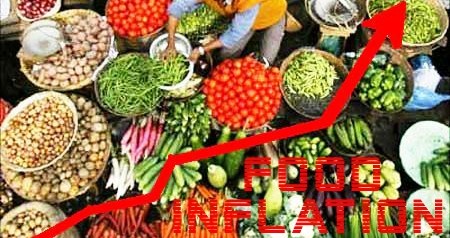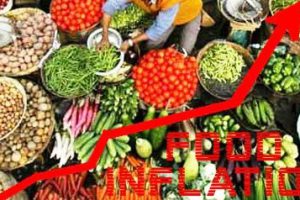As Pakistan prepares for the holy month of Ramadan, its citizens are bracing themselves for a significant increase in the prices of essential commodities, particularly food items. According to a report by the Express Tribune, there has already been a two to three-fold surge in the prices of crucial kitchen staples such as vegetables, sugar, edible oil, ghee, meat, eggs, and pulses. This surge in prices is exacerbating the economic hardships faced by low- to middle-income consumers in the country.
Experts are predicting a further hike in commodity prices during Ramadan, with a general surge of 31.5% in recent months. It is expected that several food items may witness up to a 60% increase in their rates compared to their pre-Ramadan levels. One of the contributing factors to these price hikes is the absence of an effective price monitoring system, leading to uncontrolled price increases, especially in the prices of fruits and vegetables.
For example, the price of onions has increased from PKR 150 per kg to as much as PKR 300, with some retailers offering a slight relief at PKR 250 per kg. Similarly, potatoes, another popular item during Ramadan, now cost PKR 80 per kg, up from PKR 50 earlier. Cabbage, which was priced at PKR 80-100 per kg in the pre-Ramadan period, has shot up to PKR 150 per kg, and green chillies are being sold at PKR 320 per kg compared to their earlier price of PKR 200. Capsicum has doubled in price to PKR 400 per kg.
The increase in fruit prices is equally significant. Small-sized bananas have jumped from PKR 80 to PKR 120 per dozen, while high-quality large bananas, which were sold at PKR 120-150 in the pre-Ramadan period, are now being sold at PKR 200 per dozen. Green apples are being sold for PKR 200-250 per kg, up from their previous rate of PKR 150, and red and golden apples now cost PKR 350-400 per kg as against the pre-Ramadan price of PKR 300.
These substantial increases in the prices of essential commodities are putting a strain on the budgets of Pakistani households, particularly those with limited incomes. The government’s failure to implement effective price monitoring mechanisms has allowed retailers to exploit the situation, further burdening consumers already grappling with economic challenges. As Ramadan approaches, many are left wondering how they will manage to afford the traditional iftar meals that are an integral part of this holy month.


